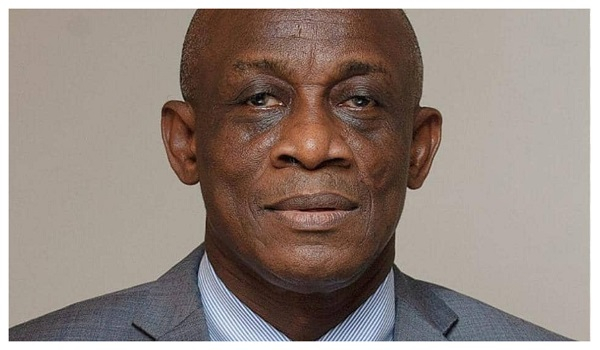African Markets - Factors to watch on June 13 - CNBC Africa

NAIROBI, June 13 (Reuters) – The following company announcements, scheduled economic indicators, debt and currency market moves and political events may affect African markets on Friday.
Stocks dived in Asian trade on Friday, led by a selloff in Wall Street futures, while oil prices surged after Israel conducted a military strike on Iran, sending investors scurrying to safe havens such as gold and the Swiss franc.
Oil prices surged more than 9% on Friday, hitting their highest in almost five months after Israel struck Iran, dramatically escalating tensions in the Middle East and raising worries about disrupted oil supplies.
The South African rand slipped on Thursday, after the release of weaker-than-expected local mining output figures.
The Kenyan and Zambian currencies could be broadly stable against the dollar in the next week to Thursday, while Ghana’s could weaken and Uganda’s may strengthen, traders said.
China will negotiate and sign a new economic pact with Africa that will get rid of all tariffs on the 53 African states it has diplomatic ties with, it said, a move that could benefit middle-income nations.
Kenya’s shilling was slightly stronger on Thursday in slow trade, traders said.
Kenya is on a trajectory of sustained economic growth but also faces potential risks from global trade sanctions, market volatility and extreme weather conditions, its finance minister said on Thursday.
Rwanda plans overall spending of 7 trillion Rwandan francs ($5 billion) next fiscal year, 21% more than this year, Finance Minister Yusuf Murangwa said on Thursday.
Tanzania’s budget spending will increase by about 12% next fiscal year to roughly 56.5 trillion Tanzanian shillings ($22 billion), driven by efforts to complete flagship infrastructure projects, Finance Minister Mwigulu Nchemba said on Thursday.
Uganda on Thursday forecast its economic growth would accelerate slightly in the coming fiscal year to about 7%, which suggests officials are not banking on large-scale energy production in the next 12 months.
((Compiled by Nairobi Newsroom))










